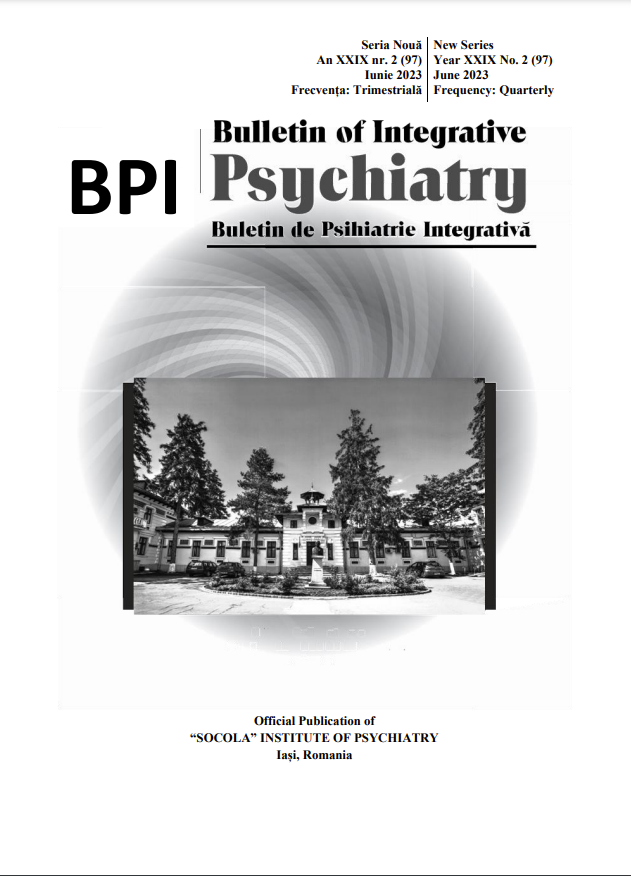An explanatory schema therapy model for obsessive mind
An explanatory schema therapy model for obsessive mind
Author(s): Suzana Semeniuc, Camelia SoponaruSubject(s): Neuropsychology, Personality Psychology, Health and medicine and law
Published by: Editura Sedcom Libris Iasi
Keywords: Obsessive-compulsive disorder; schema therapy; schema modes;
Summary/Abstract: Background: Obsessive-compulsive disorder (OCD) is one of the most debilitating mental health problems, with two-thirds of cases progressing to chronicity and with an increasing incidence in recent years. Originally developed to support patients unresponsive to classical cognitive-behavioral psychotherapy interventions, especially those with personality disorders, Schema Therapy has in recent years proposed and tested conceptualizations and intervention protocols for Axis I disorders, including obsessive-compulsive disorder. Objectives: The objective of the present study was to propose and empirically validate, on a Romanian non-clinical population, an explanatory model for obsessive mind, based on Schema Therapy theory. Materials and Method: The cross-sectional observational study included 205 subjects from the normal population who did not meet criteria for Axis I disorders at the time of the study nor were undergoing any form of treatment. The instruments used were a Demographic Questionnaire, the Psychiatric Screening and Diagnostic Questionnaire (PDSQ), the Schema Modes Inventory SMI-2 and the Padua Inventory of Obsessive-Compulsive Symptoms. Results: Both Punitive and Demanding parent modes have a significant positive effect on OCD-like tendencies, fully mediated by Vulnerable child mode, Angry child mode, Detached Self-Soother mode, and Perfectionistic over controller mode. Conclusions: Self-punitive and demanding internal dialogue increases the risk of obsessive compulsive disorder and contributes to the maintenance of symptoms by activating psychological vulnerability and dysfunctional coping mechanisms that the person resorts to in order to avoid emotional distress.
Journal: Buletin de Psihiatrie Integrativa
- Issue Year: 97/2023
- Issue No: 2
- Page Range: 93-101
- Page Count: 9
- Language: English

